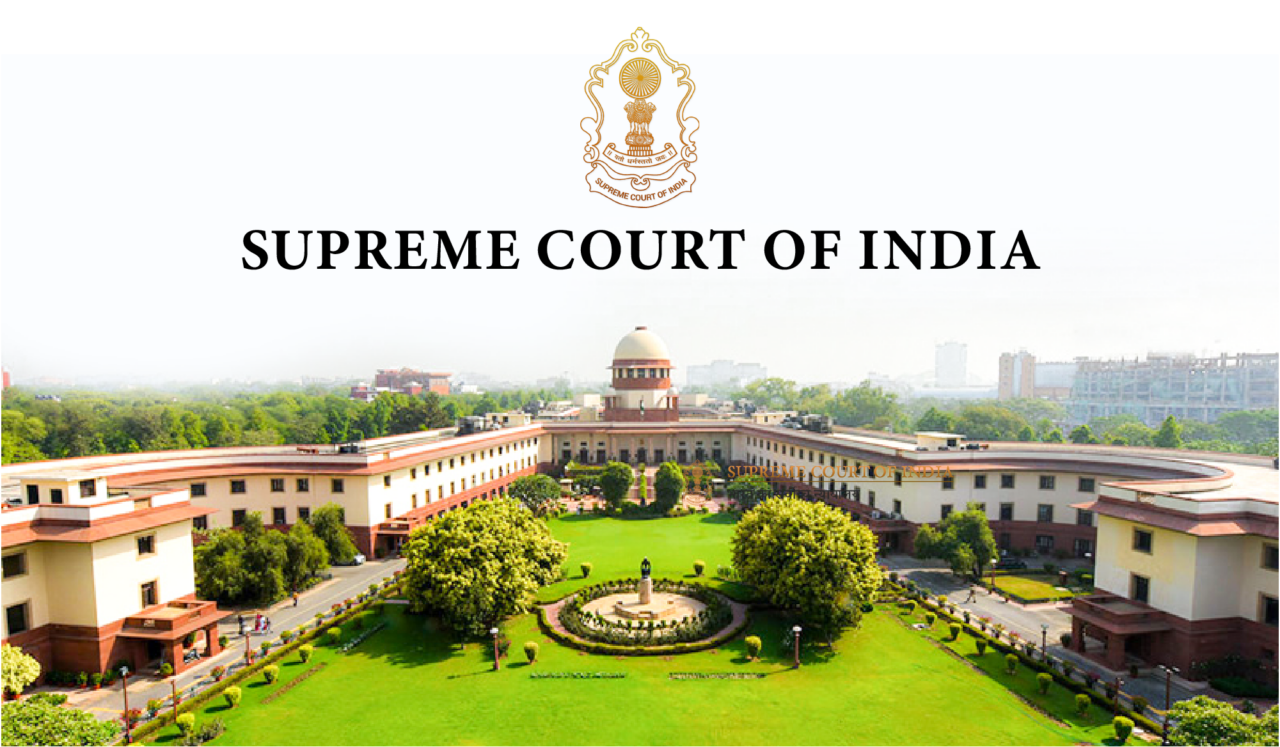The Supreme Court of India passed a judgment on the 2nd January 2017 in which it held that unfettered re-promulgation of ordinances is unconstitutional. This was seen in the case of Krishna Kumar Singh & Anr vs State Of Bihar & Ors ((2017) 3 SCC 1) and the case was presided over by Justice D.Y. Chandrachud, Justice Sharad Bobde, Justice A.K. Goel, Justice U.U. Lalit, Justice Nageswara Rao, Justice Madan B. Lokur, Justice Tirath Singh Thakur
FACTS OF THE CASE:
The Bihar Non-Government Sanskrit Schools (Taking Over of Management and Control) Ordinance was passed by the Bihar Government in 1989. According to this, the state of Bihar has taken over 429 private Sanskrit schools. The services of teachers and other school staff were to be transferred to the state government as a result of this Ordinance. The initial Ordinance was followed by a series of Ordinances, none of which were brought to the State Legislature, and no law was passed. A new Ordinance was published as soon as the former one expired.
As a result of these Ordinances, the instructors and other staff of these schools claimed to be Government employees and petitioned the Patna High Court for payment of salary and other emoluments. The High Court was asked if the seven subsequent re-promulgations of this Ordinance constituted any illegality or constitutional impropriety. The Patna High Court dismissed the Writ Petition, citing the judgment in D.C. Wadhwa Vs State of Bihar, which stated that the serial re-promulgation of the Ordinances was unconstitutional.
As a result, an appeal was filed in 1998 before a two-judge bench of the Supreme Court. The court, which included Justices Sujata Manohar and D P Wadhwa, also ruled that the re-promulgation of Ordinances was invalid. They disagreed on the constitutionality of the first Ordinance, thus the case was referred to a three-judge bench. In 1999, this three-judge panel submitted the case to a five-judge panel, citing the fact that it raised significant constitutional problems. The case was referred to a bigger Bench of seven judges on November 23, 2004.
The Seven judge bench considering the situation and formulated the following issues:
- Is it mandatory for the Executive to table an ordinance before the Legislature under Article 213 of the Constitution?
- Is it permissible under the Constitution to re-promulgate an ordinance?
- Whether an act through an ordinance remains valid even after the ordinance ceases to operate?
JUDGEMENT:
The President/Governor is authorized under the Constitution to issue ordinances, which are official directives that empower the government to take immediate legislative action. The Bench ruled that the power of the President under Article 123 and the Governor under Article 213 to make ordinances is not exempt from judicial review under the Constitution. More crucially, it found that the re-promulgation of ordinances without submitting them to the legislature is a violation of the democratic legislative process.
Although an ordinance temporarily has the same force and effect as a law, it does not grant the President/Governor independent legislative power. Furthermore, Article 213 imposes a mandatory constitutional requirement on the government to present the ordinance to the Legislature. This is done so that the Legislature can make a decision:
(i) the ordinance’s necessity, validity, and expediency;
(ii) Should the ordinance be approved?
(iii) whether a statute is required to carry out the ordinance.
The Court, citing its judgement in DC Wadhwa v. State of Bihar, declared that such re-promulgation of ordinances is a violation of the Constitution. Ordinances are simply emergent powers that must be utilised when the Legislature is not in session and tabled before the Legislature when it returns. For two reasons, re-promulgation is unconstitutional.
1) Such an act seeks to avoid the Legislature, which is the primary legislative authority;
2) It contradicts the intent of Articles 123 and 231, which provide for a restricted power to make ordinances.
It was also decided that every act, right, privilege, obligation, or liability that survives after an ordinance has been repealed must pass three tests:
1)That the ordinance’s effect is irreversible;
2) That reversing the ordinance’s effect is impractical;
3) That there is a compelling public interest in keeping the ordinance in effect.
The power to issue ordinances under Articles 123 and 231 is not immune from judicial review; the Court has the authority to decide whether the power was properly exercised. Furthermore, under the concept of parliamentary supremacy, this power is subject to legislative supervision. The Executive is accountable to the Legislature as a whole.
As a result, the ordinances did not grant teachers the status of Government employee. However, the Court ruled that the teachers’ salaries should not be recovered from the government.
“PRIME LEGAL is a full-service law firm that has won a National Award and has more than 20 years of experience in an array of sectors and practice areas. Prime legal fall into a category of best law firm, best lawyer, best family lawyer, best divorce lawyer, best divorce law firm, best criminal lawyer, best criminal law firm, best consumer lawyer, best civil lawyer.”
JUDGEMENT REVIEWED BY RAMASHESHAN P K.


